Why do puppies mouth?
It is perfectly normal for puppies to bite because they explore with their mouths; some puppies are more intense than others. Some puppies, particularly those from working breeds, seem to play bite harder and are more energetic.
There is a new puppy in the home.
When a new puppy is in the home, everyone wants to be part of the fun. It’s essential that everyone also knows how to keep the play safe and calm. Puppy biting and mouthing are commonly reported problems, which can seem harmless in puppies but can develop into a much bigger problem if not handled when the pup is young.
Overstimulated.
Overstimulated, overexcited puppies bite more, and when you attempt to calm them down, they redirect to you instead.
Tired puppies.
Another common reason puppies start mouthing is that they are over-tired; owners are surprised when I tell them their puppy is overtired.
Have you ever noticed a time in the day when your puppy gets overexcited? This could be Zoomies, which is a puppy running around very quickly. They could be starting to get overstimulated and tired. This is when your puppy needs decompression time, such as a little nap. Remember, your puppy needs 16- 18 hours of undisturbed sleep daily, just like a human baby.
Hungry puppies.
Puppies can also get hungry, so if you train a hungry puppy, they can quickly become frustrated and start nipping or mouthing.
So, I recommend feeding your puppy first thing in the morning. You can measure out their food, give them a little bit of their breakfast, and then keep the rest for training sessions.
Puppy frustration
A frustrated puppy will increase their biting, so it could also be how you raise the puppy, not enough boundaries, or training in place. If your puppy's needs are not met, they will express their frustration by biting or being vocal.
Confinement/ crates
Crate training can be an excellent tool if used correctly; teaching your puppy to decompress and relax is important, especially if they are over-tired. But before you start crate training your puppy, ensure their needs have been met; this means toilets, exercise, training, breed fulfilment, and brain stimulation. There are so many needs that puppies have at a young age, and If they are not being fulfilled correctly, for example, you’re leaving the puppy in a crate for long periods of time and the crate isn’t being used correctly, this can increase unwanted behaviours because the puppy’s needs are not being met in the correct manner. . This means crate training needs to be balanced with exercise training and correctly managed. Once your puppy's needs have been fulfilled, you can schedule rest periods and quiet times throughout the day in the crate or playpen for your puppy.
Attention.
The most common reason puppies bite and nip is for attention, and puppy biting/ mouthing works. They think you're joining in on the fun even when you tell them No or shout and start pushing them away. So, without realising it, owners can reinforce the mouthing behaviour, which means your puppy will return for more fun. A behaviour that’s rehearsed is strengthened practice makes permanent; the more your dog repeats a behaviour, the more likely they are to opt for it in the future, and your puppy will start to see value in mouthing or biting.
Another example
if your puppy is still biting at seven months old, this could be one reason, because they have been reinforced in their lives. Owners might not mean to reinforce the biting/ mouthing behaviour, but it could be that it’s being reinforced, and dogs learn by what gets reinforced.
Appropriate chew items in the home
Another reason is that puppy’s mouth and bite. They don’t have appropriate chew items in the home environment, such as kongs, chews, and thick bull puzzles. If they don’t have something suitable, they are more likely to grab pants, hands, etc.
Puppies always investigate with their mouth, especially when teething.
Unfortunately, owners’ expectations of puppies are just too high. They are puppies, and everything goes in their mouths. They like picking up stones, dirt, leaves, and anything else on the floor so your hands, legs, and arms look very inviting. Try to remove temptations like fluffy slippers and dressing gown ties. This can be irresistible to puppies.
Engagement.
Some puppies are not raised with enough engagement, appropriate outlets, exercise, or relationship-building with their owners.
I can’t tell you the number of times I have seen a big toy box sitting in the corner of a room stuffed with dog toys. I'm not saying your puppy can’t have toys, but playing with your puppy for engagement and building a relationship with them would be more beneficial. Having lots of toys lying around the house just losers value and you’re not involved in the game. If you do have a toy box, try swapping your pup’s toys daily to keep them interested and choose three toys so you can rotate. Remember to praise your puppy when they chew on the correct item.
Enrichment for puppies
Enrichment would be more beneficial, such as brain puzzle games, food-stuffed Kongs, scent work such as find the treat, and puzzle feeders. Some puppies need things to chew and shred, like paper rolls with treats inside, to eliminate frustration. Once your puppy has finished with the enrichment puzzles, put them away. They are not for the toy box.
Management in the home.
When your puppy is supervised, attach a light puppy lead. This will make it easier for you to correct unwanted behaviours in the home or garden. Having a puppy lead attached will also help you calm your puppy down when it gets overexcited.
What can we do to help with our training?
So, Prevention happens by engaging the brain and body, developing and building a connection and relationship with the puppy. This can be through effective games or engagement training, deepening that relationship and connection with your puppy. For example, this could be through engagement tug games with your puppy (tug games need to be used correctly so you don’t cause injuries)
Puppy socialising.
When some owners get a puppy, they instantly want to go to local dog parks and meet lots of dogs and people. We teach our puppies very early to practice inappropriate behaviours. Our puppies aren’t even leash trained; they are also learning that everything in the environment is more exciting than us. Yes, puppies need socialising, but in a correct, controlled manner.
The most important part of training is having a relationship with your puppy. This means you’re the source and not everything else in the environment. Once you have a relationship and your puppy is engaged with you, then they can have more freedom. Doing it this way is safer for your puppy.
Training records
Try to keep a training record of when your puppy starts biting. What triggers it? Is it when your puppy is overtired? What was the puppy doing before the mouthing/ biting? This will help you figure out what triggers the puppy.
Avoid rough and tumble games.
There’s a risk your puppy will expect to be able to play like this whenever and with whoever they want. Puppies need a consistent message that biting or mouthing us is never okay. When stroking your puppy, keep the hand movements calm and slow.
Stop playing with your puppy if they start biting.
If your puppy puts its teeth on you, stop what you’re doing, try to stay calm, and leave the room if possible. Over time, your puppy will learn that mouthing means fun ends, or you remove yourself.
Always keep a toy handy.
Start to recognise the signs that your puppy is getting ready to play. This could be your puppy showing increased energy and bouncing around, so try getting your puppy to redirect on the toy before they start mouthing you. This way, you’re showing your puppy how to get it right from the start. If your puppy is still getting it wrong and mouthing, you could need decompression time in the crate or playpen because it is overtired. Sleep is also very important for puppies.
Remember, some of your actions say bite me.
Sitting on the floor for prolonged periods with an excited puppy could increase the mouthing behaviour.
Making high-pitched baby voices, jerky movements, and rough play.
Some puppies will bite or become mouthy when you pet them for too long because they are becoming overstimulated from all the fuss you're giving, but many times, without you realising it, your pup is asking you in the best way they know: Please give them a break.
Conclusion
Puppies need sleep and decompression time. When they are overtired, crates/ playpens or behind baby gates will be beneficial on your puppy’s training journey.
Remember to practice being calm around your puppy.
Teach your puppy a leave Cue.
Ensure your puppy gets appropriate breed fulfilment/ outlets, training, and exercise.
Building a good relationship is very important with your puppy, and correct engagement is key.
Engagement/relationship doesn’t mean picking the puppy up all the time, letting him follow you everywhere, letting him have access to everything around the home, or constantly talking to them.
Put your valuables away, like your best trainers or shoes, and puppies will not realise they are expensive.
If your children visit and your puppy gets overwhelmed and excited, it may start jumping up, mouthing, or biting. Please remove your puppy from the situation. This is a perfect time to crate or put your puppy behind a baby gate for sleep and decompression time.
It’s never too early to teach your puppy to have a switch-off button. Teaching your puppy the place exercises will help when they get overstimulated and excited. This means you can control them without putting them in the crate all the time.
Owners often get upset when you mention crates, playpens, or training protocols. The way I see it, establish boundaries and training from day one. This means your dog has more choices and freedoms in the future, and you can take them anywhere because they are trained and balanced.
Contact a dog behaviourist to help if you’re struggling.
Justine Shone






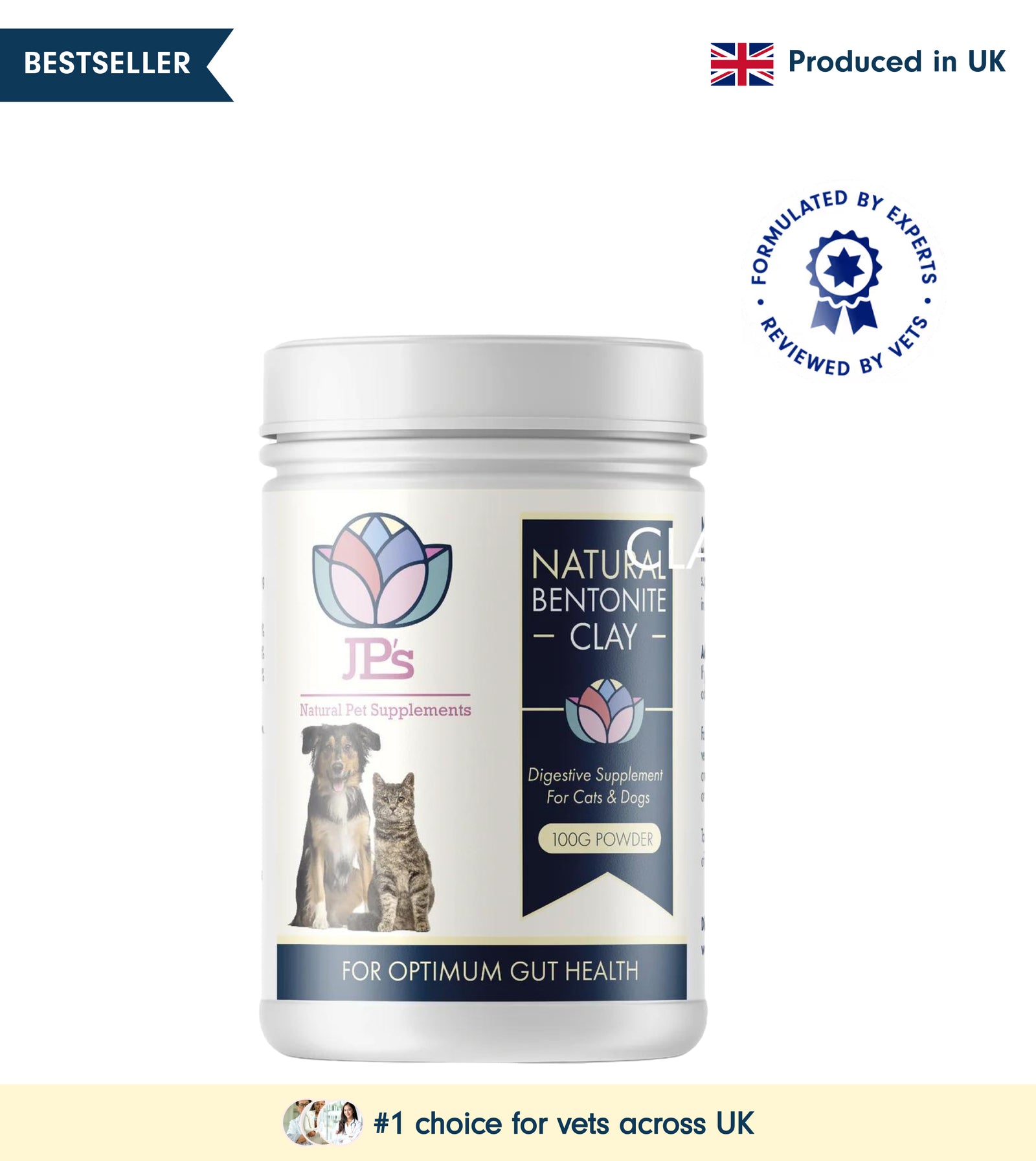
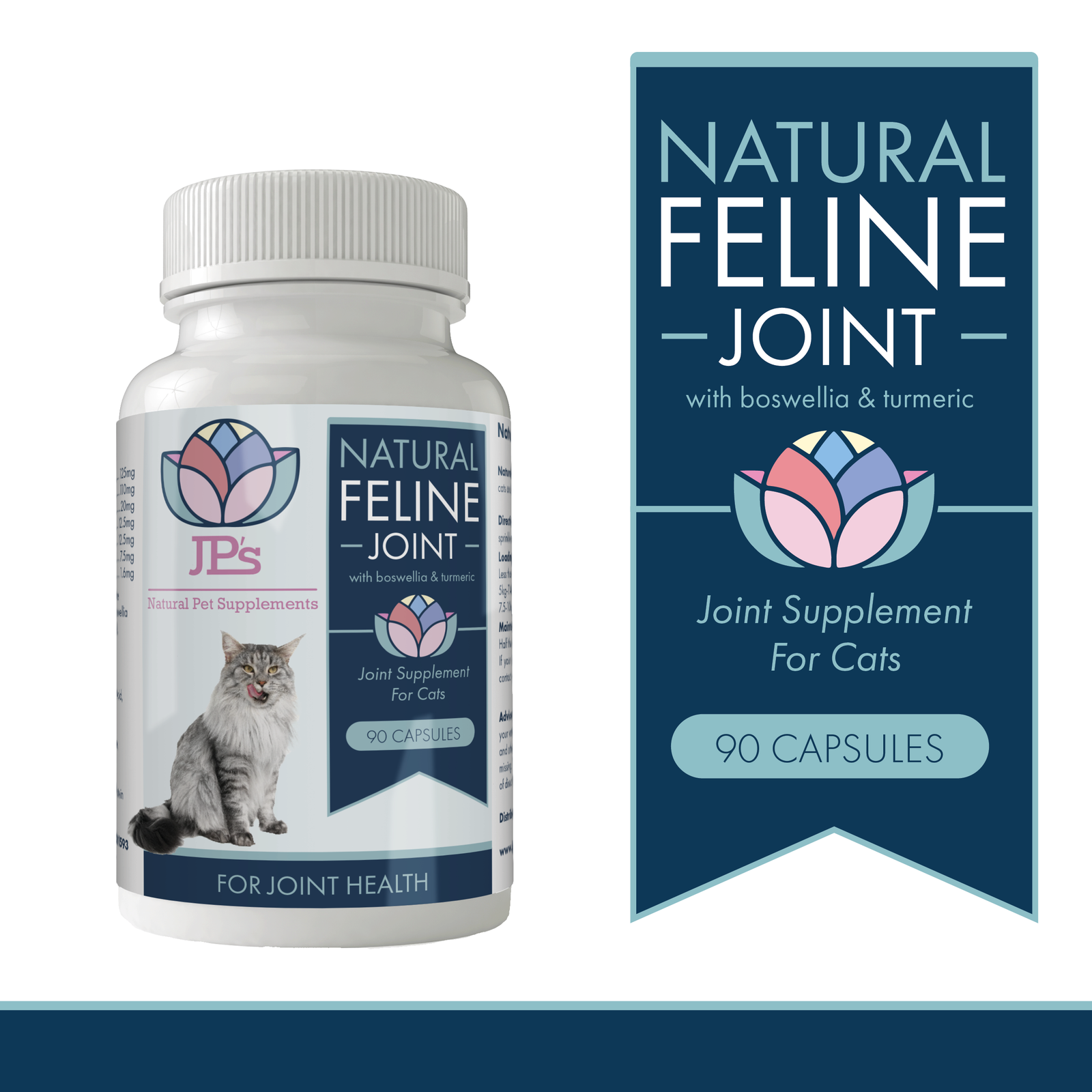
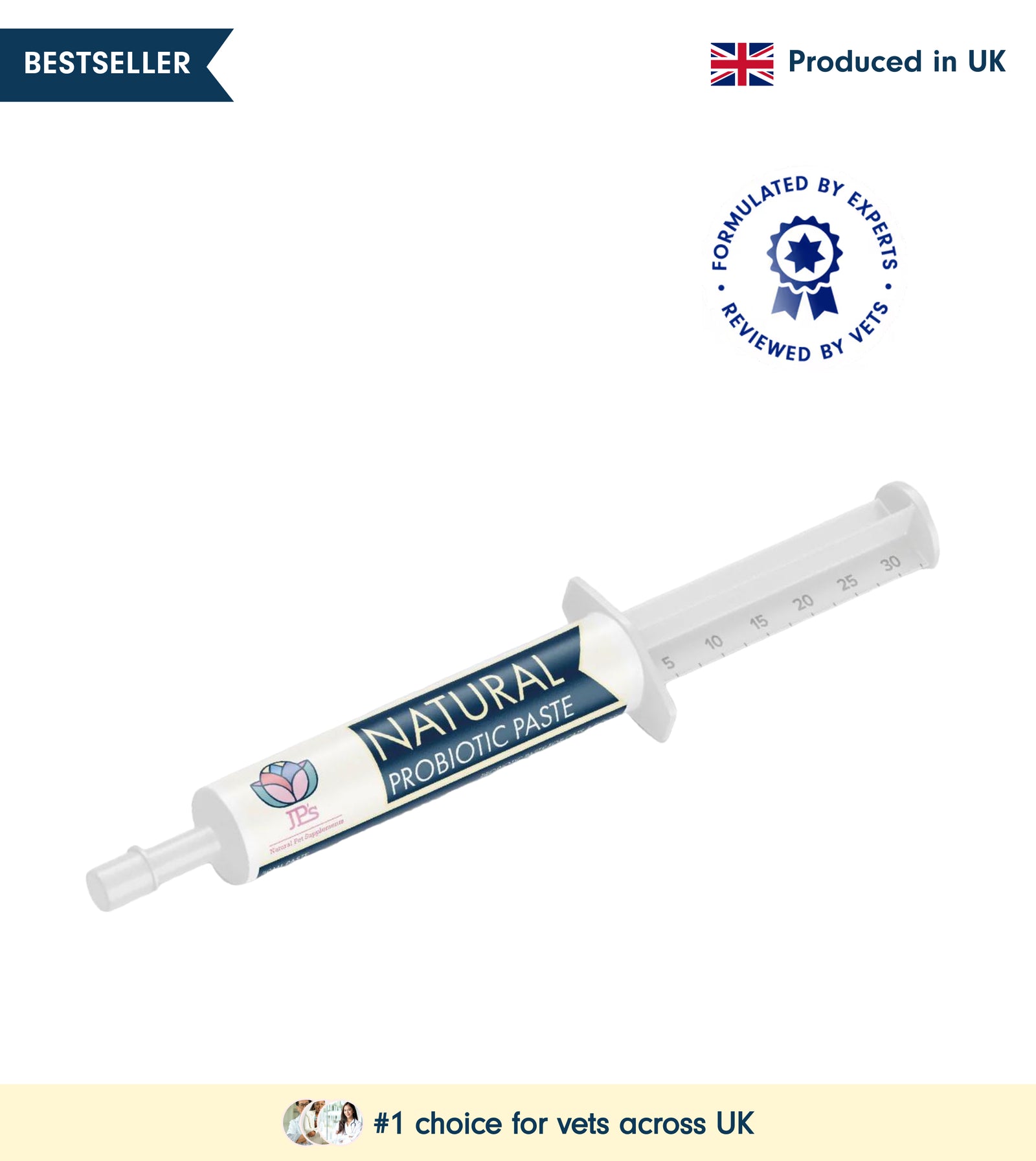
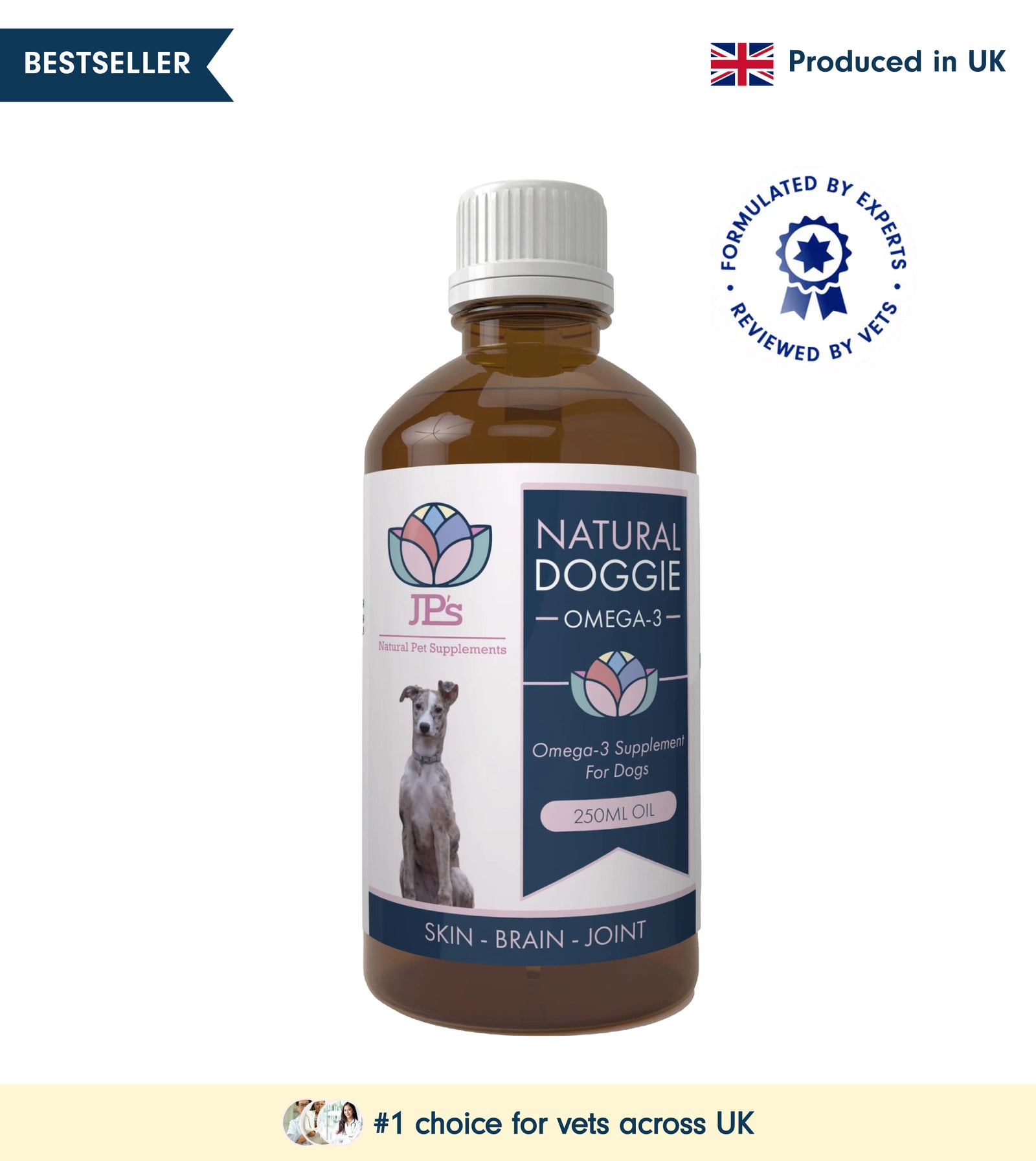
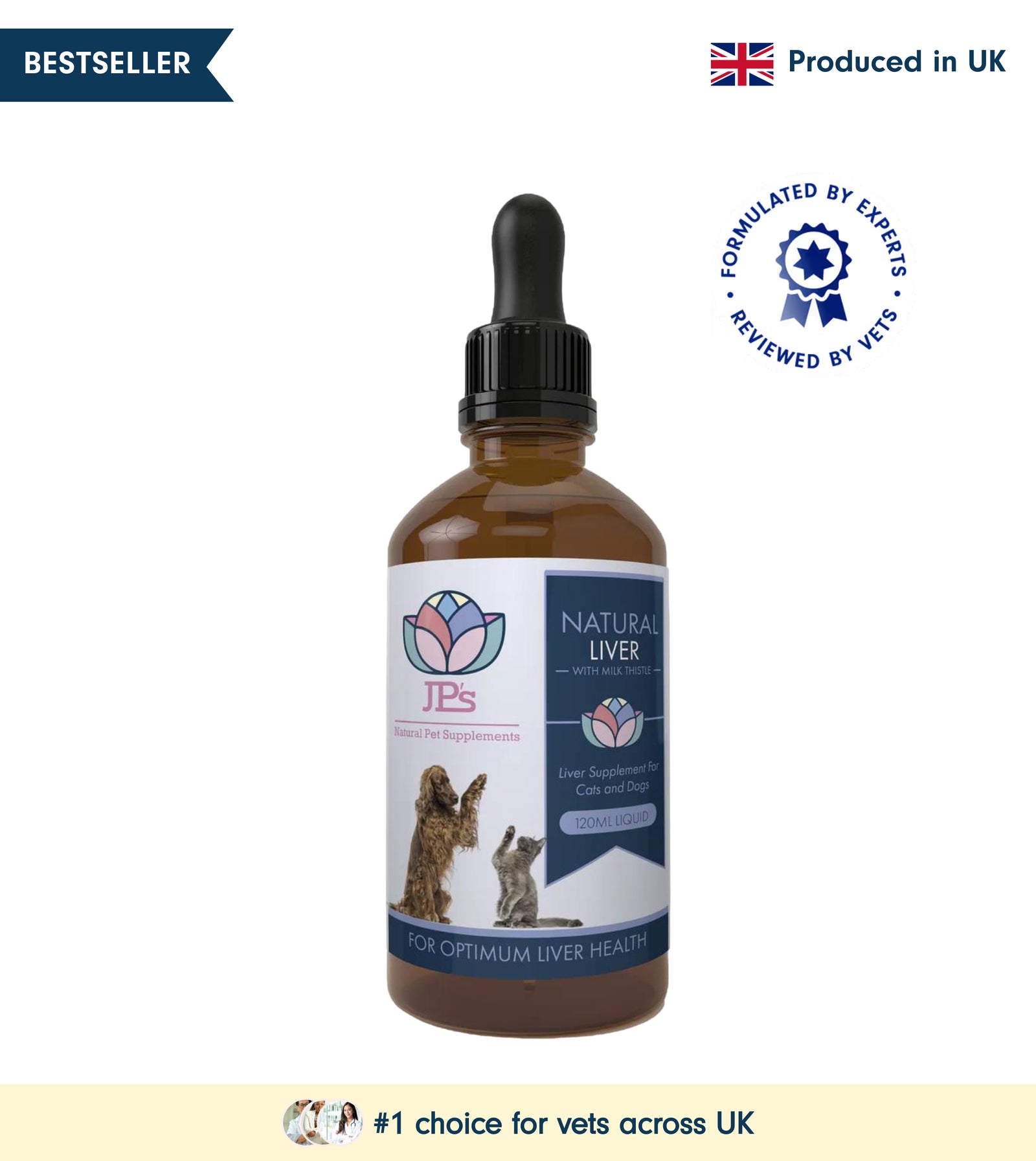



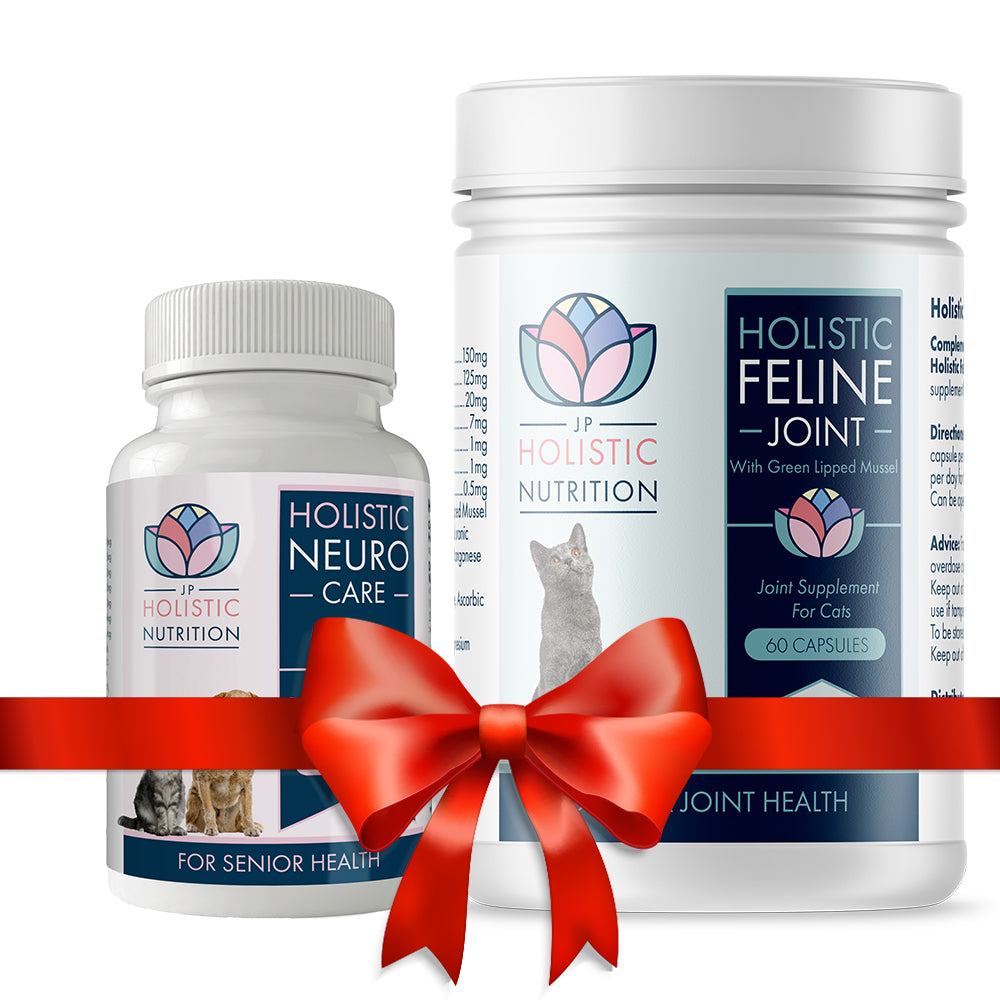




Leave a comment (all fields required)